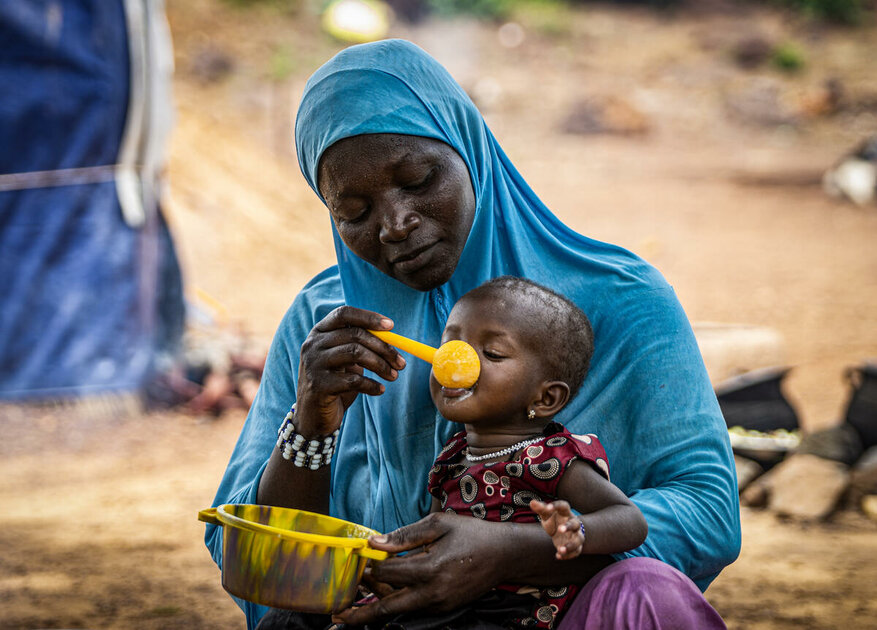The National Association of Resident Doctors (NARD) has warned that more than 35 per cent of Nigerian children under the age of five suffer from malnutrition, describing the situation as a severe public health emergency.
In a post on X on Thursday, the association said malnutrition remains a leading cause of child mortality, while also stunting cognitive development, weakening immunity, and undermining national productivity.
NARD highlighted several ongoing interventions aimed at tackling the crisis, including the distribution of Ready-to-Use Therapeutic Food (RUTF), community-based management of acute malnutrition (CMAM), and Infant and Young Child Feeding (IYCF) counselling. Research shows these approaches significantly improve recovery rates and child survival, it noted.
The association emphasised that its members are actively involved in delivering and researching these interventions nationwide and urged authorities to provide stronger support for sustainable nutrition programmes to protect children’s health.

In August, the Nigerian government declared the malnutrition crisis a “national emergency,” with annual economic losses exceeding $1.5 billion, according to Uju Rochas-Anwuka, Special Assistant to the President on Public Health.
She warned that the crisis continues to weaken human capital and impede development.
Similarly, Vice President Kashim Shettima cautioned in July that malnutrition affects nearly 40 per cent of children under five, describing it as “a national crisis” during the National Summit on Nutrition and Food Security in Abuja.
He stressed that food insecurity goes beyond hunger, encompassing affordability, accessibility, and cultural acceptability of nutritious food—all of which directly influence education and human capital.
Adding to the concern, Doctors Without Borders (MSF) reported that more than 600 malnourished children died in northern Nigeria within six months.
The organisation recorded a 208 per cent surge in severe malnutrition cases between January and June compared with the same period last year, attributing the escalation to reduced foreign aid, rising living costs, and insecurity-related disruptions.


 Trending
Trending 






